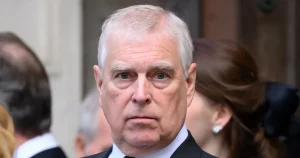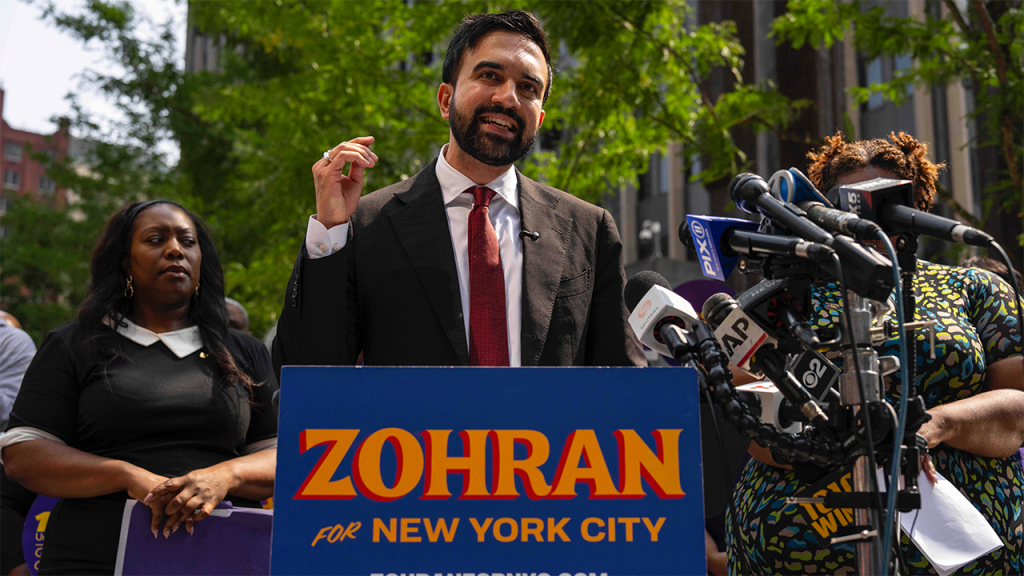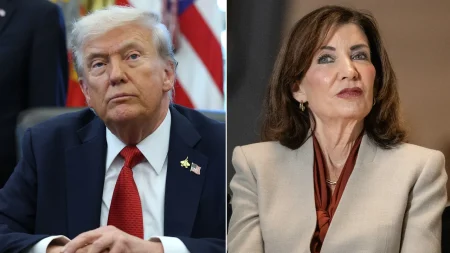New York City’s Mayoral Race: Voters Seek Change Amid Urban Challenges
In a city hungry for transformation, the 2025 New York City mayoral race reflects profound voter dissatisfaction across all demographics. According to a recent Fox News survey, an overwhelming 62% of registered voters express unhappiness with the city’s direction, cutting across political lines with similar levels of discontent among Democrats (61%), Republicans (70%), and independents (59%). This widespread frustration has catapulted Democratic nominee and self-described Democratic Socialist Zohran Mamdani to a commanding lead, despite concerns that his progressive taxation policies might drive residents and businesses away from the city. With 45% support among registered voters and 47% among likely voters, Mamdani leads former governor Andrew Cuomo (27% among registered voters), Republican Curtis Sliwa (11%), and incumbent Mayor Eric Adams (8%) by substantial margins.
The survey reveals a city yearning for meaningful change, with three-quarters of voters desiring either substantial (37%), dramatic (20%), or revolutionary (18%) transformation in how city government functions. Mamdani’s support is particularly strong among very liberal voters (79%), those under 35 (61%), younger women (60%), Democrats (57%), and Black and Hispanic voters (49% each). His supporters demonstrate significantly higher enthusiasm (63%) and certainty (83%) than backers of other candidates, with most describing their support as affirmatively for Mamdani (86%) rather than against his opponents. This contrasts sharply with Cuomo’s supporters, where only 32% express enthusiasm and 65% certainty, with a considerable 39% voting primarily against other candidates rather than for the former governor.
Crime tops the list of voter concerns at 25%, followed by cost of living (20%) and lack of affordable housing (17%), though priorities differ by political affiliation. Republicans (50%) and independents (29%) rank crime as their primary concern, while Democrats split their focus between costs (23%), crime (19%), and housing (19%). These priorities correlate with candidate preferences, as Cuomo holds a narrow lead among crime-focused voters, while Mamdani dominates with those prioritizing cost of living (+40) and housing (+41). The city’s economic anxieties create nuanced policy positions among voters – 70% believe raising taxes will cause businesses and residents to flee, potentially worsening the city’s financial situation, yet simultaneously, 70% favor increasing taxes on those earning over $1 million annually, with broad agreement across political affiliations.
The candidates’ personal characteristics and policy positions significantly influence voter perceptions. For Mamdani, supporters appreciate his policies, compassion, fresh ideas, and focus on affordability, while detractors label him a communist/socialist, criticize his stance on Israel, question his experience, or find his policies unrealistic. Cuomo benefits from his perceived experience but remains hampered by sexual harassment allegations. Adams similarly draws support for his experience while facing criticism over corruption allegations. Sliwa receives credit for his tough-on-crime stance but suffers from perceptions that he isn’t a serious candidate. Notably, in this heavily Democratic city, capitalism holds only a narrow seven-point advantage over socialism in favorability (48% vs. 41%), suggesting Mamdani’s left-leaning economic positions may not be the liability they might be elsewhere.
While immigration ranks low as a priority (only 3% cite it as the city’s top problem), most voters (67%) favor a moderate approach, supporting deportation only for those charged with crimes while allowing others to remain and pursue citizenship. On Middle East issues, New York City voters break from national trends, with more supporting Palestinians (46%) than Israelis (38%). This aligns with candidate positions, as Mamdani’s supporters favor Palestinians by a 49-point margin, while Cuomo backers side with Israel by 16 points. Jewish voters, who comprise an important demographic, prefer Cuomo (40%) over Mamdani (27%) and Adams (12%), highlighting how the Israel-Palestine conflict influences the race in a city with significant Jewish and Muslim populations.
The political climate in New York reflects broader national divisions, though with a distinctly urban progressive tilt. Twice as many NYC voters believe Republican political rhetoric leads to increased violence (68%) compared to those who say the same about Democrats (32%). The poll, conducted in September 2025 under joint direction of Beacon Research (D) and Shaw & Company Research (R), surveyed 1,003 randomly selected New York City registered voters with a margin of error of ±3 percentage points. As Republican pollster Daron Shaw notes, “Mamdani is the change candidate in a change election,” capturing the zeitgeist of a city facing compounding challenges of affordability, safety, and identity in a post-pandemic world where traditional Democratic leadership under Mayor Adams has failed to satisfy voter expectations for progressive urban governance.















